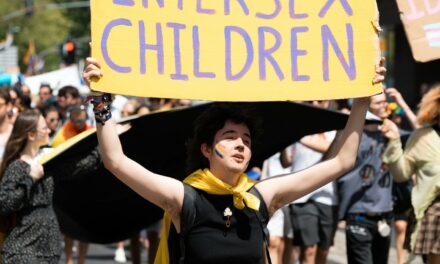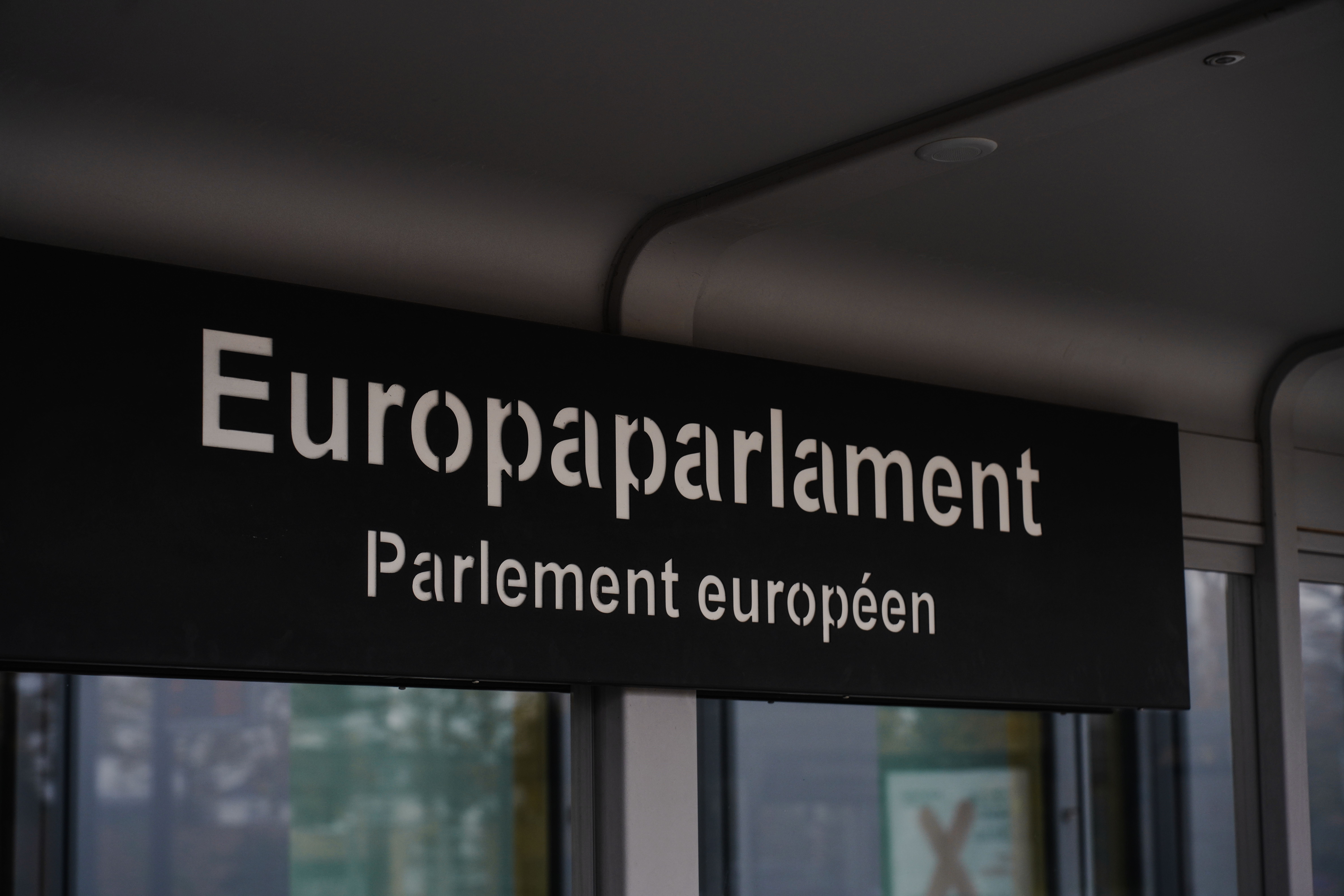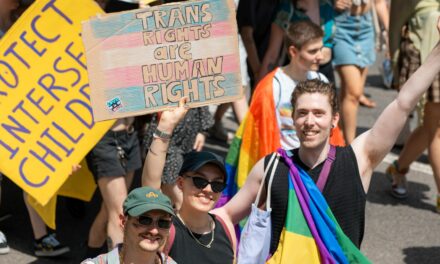This is queer.lu’s first Vox-Pop. As a community magazine, we want to give a platform to our LGBTIQ+ folks in the Grand Duchy and hear them out so keep an eye on our website (queer.lu) if you wish to get involved and make your voice heard in one of our upcoming issues.
On the eve of the last national elections in Luxembourg, queer.lu reached out to different associations to hear what they have to say about LGBTIQ+ rights in Luxembourg. We gave each association two prompts to react to: identifying the challenges LGBTIQ+ people in Luxembourg face and how best to address them.
1) What are the most pressing challenges LGBTIQ+ people in Luxembourg face at the moment?
Richtung22: “In Luxembourg, the LGBTIQ+ community grapples with a paradox of visibility, even overexposure and invisibility. Although the Grand Duchy is home to many LGBTIQ+ organizations, has had previous gay ministers and even a Premier, the average queer individual may struggle to connect authentically with their community beyond prevailing stereotypes. The tendency to appropriate or exploit prominent queer figures or themes for mere photo opportunities rather than recognizing them as true standard bearers of the community’s diverse and intersectional identities perpetuates this challenge. Frequently, socio-political discussions succumb to the dominance of stereotype narratives, overshadowing the genuine concerns and struggles that require attention and understanding.
The imposition of stereotypes in defining queerness often marginalizes those who don’t conform to these preconceived notions. Young queer people, subjected to these stereotypes, may find themselves unable to relate to the concept of queerness, leading to feelings of abandonment, confusion or isolation. Addressing queerness means acknowledging and valuing ALL LGBTIQ+ experiences and struggle, not just those of the privileged few. Visibility is only half the battle, and does only little to advance the understanding and full acceptance of the diverse and rich queer experiences.“
CID | Fraen an Gender: One of CIDs political demands is the substitution of paternity leave with an inclusive childbirth leave, regardless of the gender of the parents.
Uni.lu LGBT+ students’ association: “While there are still many challenges and struggles ahead of the LGBTQIA+ community in Luxembourg, the uni.lu LGBT+ students’ association would like to seize this opportunity to outline the issues regarding education. Two main concerns persist: 1) the inadequate inclusion of LGBTQIA+ topics in the curriculum by school and university administrators and teachers; 2) the insufficient support for queer people in the educational institutions. While the role of educational systems is to prepare the younger generation for the future, these institutions seem trapped in an outdated cis-hetero normative paradigm, and show considerable resistance to implementing the necessary changes to support queer youth. Notably, the University of Luxembourg lags behind other nearby universities in providing support for trans students and staff.”
Rosa Lëtzebuerg: “After the introduction of marriage equality, adoption reform, and administrative simplifications for changing gender markers on civil records, there has been a stagnation in terms of legal equality for LGBTIQ+ individuals in Luxembourg. Many urgent concerns of the queer community, such as automatic recognition of parenthood for same-sex couples or the long-demanded ban on medically unnecessary surgeries on intersex children without their informed consent, are still pending. With the constitution that came into effect on July 1, 2023, every person also has the constitutional right to found a family. The government is now obligated to assist all citizens in exercising this fundamental right.”
2) How could this challenge or struggle be resolved?
Richtung22: “Queer young people need to be educated on their community’s history and the complexity of their identity in order to foster understanding and unity. This queer-comprehensive education should not be exclusive to Queer people but rather for all. Unlearning social biases is a necessary step to bringing communities together. Social Organizations play a pivotal role in this sense, as they commit to inclusive and educational events, focused on community-building and education. It is paramount for people to engage with and learn from Queer individuals, fostering dialogue and understanding. Access to Queer Events and Spaces is also crucial as a means of exposure and key to the integration of the LGBTIQ+ community into society.
While Queer spaces must first cater to the needs of Queer people, visibility in Luxembourg is truly achieved through exposure to queer art, queer stories, faces and lives. Organizations should create spaces that only give access to Queer culture but also safeguard Queer spaces and lives.”
CID | Fraen an Gender: The lesbian mom’s group by CIGALE, has put forward the following demands:
Automatic recognition of lesbian mothers from the birth of their child
- Mutual recognition between EU member states of lesbian mothers’ parenthood rights
- Mutual recognition between sovereign states of lesbian mothers’ parenthood rights
- Transparent and accessible information on the medically assisted reproduction process
- Transparent and accessible information for lesbian mothers on how to access parenthood rights
Uni.lu LGBT+ students’ association: “We would like to see the creation of a Queer and Gender studies department at the university that would allow for Luxembourg to not only produce research but also to offer appropriate courses for students and in particular for future educators. Moreover, the association has asked the university to have a preferred name option to support trans people. While the university has accepted to implement this in July 2021 to this date we are still waiting for an effective and barrier free implementation for all students and staff. The preferred name is common practice in most universities but for uni.lu it is something ‘technologically difficult to implement’. Both the preferred name options and a third gender option are examples of simple practices that could be easily implemented in all educational institutions and would greatly improve the lives of trans and non-binary students.”
Rosa Lëtzebuerg: “Regarding the automatic recognition of parenthood for same-sex couples, policymakers have long been aware that the 2014 marriage and adoption reforms leave a legal gap when it comes to rainbow families. Since August 2017, there has been a proposed law project 6568A aimed at helping queer parents. We need more speed here! The constitutional right to found a family must also be guaranteed. The government must realise that there is an urgent need for action here, as male couples, for example, are currently unable to exercise their constitutional right to start a family.
However, the more pressing issue of banning surgeries on intersex children has not made as much progress. Here, we demand that the Ministry of Justice and the Ministry of Health prioritize this matter.
In principle, Rosa Lëtzebuerg, as outlined in its pre-election demands, calls for greater involvement of civil society in the legislative process. This includes mandating consultations with experts from LGBTIQ+ advocating groups like Rosa Lëtzebuerg on all legislative projects that concern the realities of queer individuals.”
Your content goes here. Edit or remove this text inline or in the module Content settings. You can also style every aspect of this content in the module Design settings and even apply custom CSS to this text in the module Advanced settings.
Your content goes here. Edit or remove this text inline or in the module Content settings. You can also style every aspect of this content in the module Design settings and even apply custom CSS to this text in the module Advanced settings.





